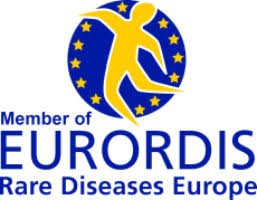Overview
In Ring Chromosome 20 Syndrome one of the two copies of chromosome 20 has formed a ring rather than the typical linear chromosome structure. Why the tips of the chromosome join together to form the ring is not understood and how the formation of the ring affects the function of genes packaged on chromosome 20 is also not understood. The consequence of the ring formation is a difficult to control epilepsy, typically with onset in early childhood and associated with intellectual disability and behaviour problems which may be progressive. Sometimes the behavioural problems may present before the epilepsy.
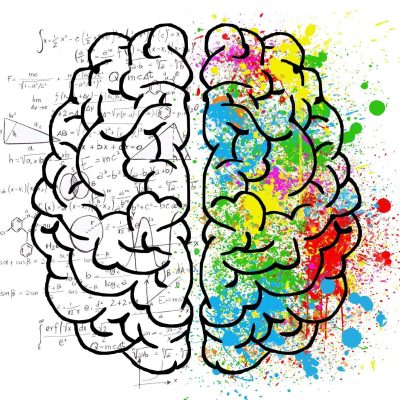
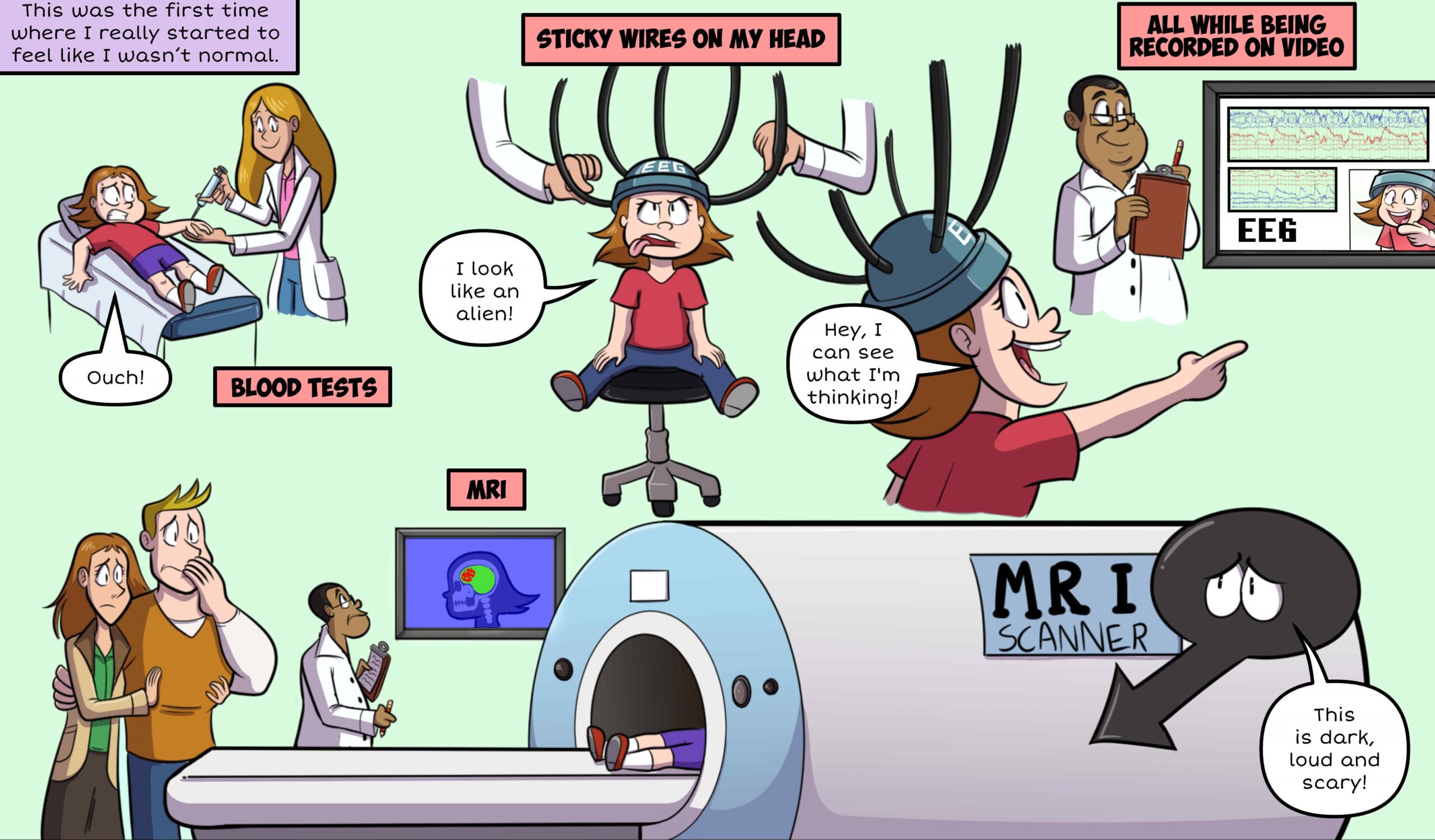
Epilepsy testing
Typical tests to confirm an epilepsy diagnosis include: electroencephalogram (EEG), Magnetic resonance imaging (MRI) and an epilepsy gene panel test (blood test) to screen for known epilepsy causing genes. The results of these tests are considered alongside the patient/carer description of any seizures experienced – when and where the seizure occurred, what the seizure episode looked like, how did the person recover, how often have these seizures occurred.
Diagnosing r(20) syndrome
The diagnosis of r(20) syndrome is often delayed because physicians may not consider checking Chromosomes in people who have no intellectual disability before the epilepsy begins.
Another reason for diagnostic delay is that modern methods of testing for chromosome abnormalities, such as chromosome microarray, are better at picking up small changes in Chromosomes but can miss the formation of rings. An older test (a karyotype test) where the Chromosomes are looked at under a microscope must be requested to diagnose the condition.
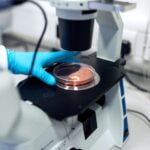

Mosaic or non-mosaic?
Not all the cells in the body may have a ring chromosome. When only a percentage of cells have a ring chromosome 20 this is called mosaicism. In general, a higher proportion of abnormal cells is associated with earlier age of onset of seizures, but this not true for everyone. If all the cells in the body have a ring chromosome 20 (non-mosaic) the individual tends to be more severely affected.
Is r(20) syndrome inherited?
r(20) syndrome is not usually inherited, but affected individuals should seek genetic counselling if wishing to start a family of their own.

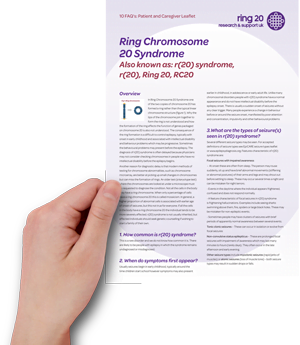
Looking for more information?
Download our pdf information sheet on Ring20 or click here for ways to contact us.


